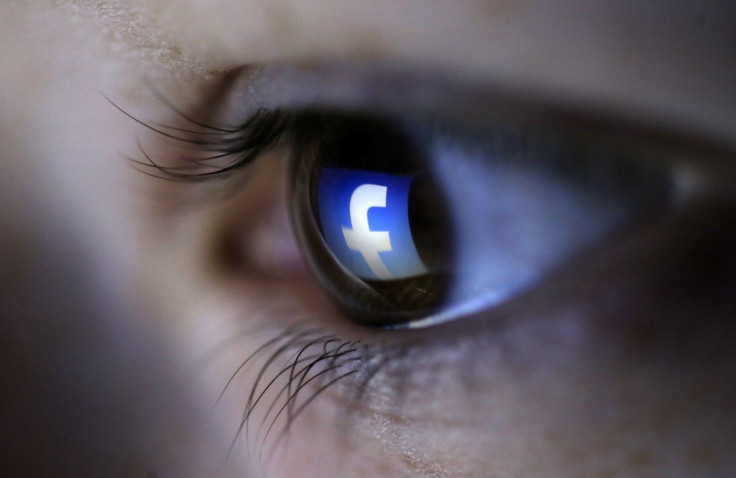India bans Facebook’s Free Basics program; Mark Zuckerberg vows not to give up

The Indian government has put a stop to Facebook’s free Internet plan for the country. Facebook founder Mark Zuckerberg promised the ruling will not deter the social media giant’s plan to provide free Web access.
On Monday, the Telecom Regulatory Authority of India (TRAI) ruled that Internet service providers may not “offer or charge discriminatory tariffs for data services on the basis of content” accessed by consumers. This affects Facebook’s Free Basics program, which planned to offer free access to a limited number of websites.
Follow us on Twitter
“While formulating the Regulations, the Authority has largely been guided by the principles of Net Neutrality seeking to ensure that consumers get unhindered and non-discriminatory access to the Internet,” TRAI said in its ruling. “These Regulations intend to make data tariffs for access to the Internet to be content agnostic.”
According to critics of Free Basics, Facebook would make it difficult for smaller companies to compete and reach people. This would, in turn, undermine net neutrality.
The program would use the same concept as those used by other ISPs, which offer access to zero-rated services to encourage their subscribers to use those programs more often than the others. Zero rating means the policy of rating data used while accessing services as “zero” for billing purposes, the Daily Dot explains.
Zuckerberg, meanwhile, has been dismayed with the ruling, promising Facebook would find a way to provide free data access to Indians.
“While we’re disappointed with today’s decision, I want to personally communicate that we are committed to keep working to break down barriers to connectivity in India and around the world. Internet.org has many initiatives, and we will keep working until everyone has access to the Internet,” Zuckerberg vowed.
Web We Want program manager at the World Wide Web Foundation, Renata Avila, lauded India’s ruling, saying, “The message is clear: We can’t create a two-tier Internet – one for the haves, and one for the have-nots. We must connect everyone to the full potential of the open Web.”




















